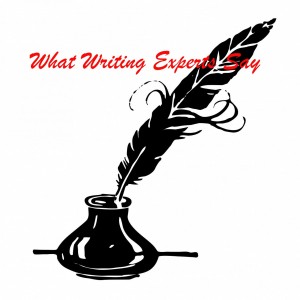“Include books that are similar to yours in theme, tone, style and/or genre.” — Rachelle Gardner
I’ve noticed writers, myself included, struggling to find comparable books for publishers. Many blogs explain why publishers want Comparable Titles and how to write this proposal section. But, I found little on how to find novels comparable to mine. With hindsight modifications, here’s what I did.
Step 1 – Complete this form for your book using few words (examples provided):
- Genre
- Romantic Suspense
- Legal Thriller
- Women’s Fiction
- Cozy Mystery
- Time period
- Contemporary
- 1950s
- Regency
- Pre-Columbian
3. Main setting
a. Southern Plantation
b. Lake Norman, NC
c. Rome
d. Thanksgiving
- Plot
- Solving a murder using police dogs
- Romance between widow and widower
- Overcoming covered wagon journey hardships
- Foster child surviving and receiving permanent home
- Theme and/or takeaway
- Coming home
- Rising above abuse
- Healing a broken marriage
- Oddball fitting in
- Style/Tone/Voice
- Humor
- Clean romance
- Christian
- Military
- Main Audience
- Women
- Young adult males
- Arts & craft lovers
- Sports fans
- Authors You Write Like
Step 2 – Choose the most relevant identifiers. Perhaps these will spark a book you’ve read. Don’t be too strict; appropriate books may have only a few of your identifiers.
Example: contemporary, clean romance, humor, office professionals, overbearing father, Thanksgiving
Step 3 – Search and make a list of 5 to 10 possible titles. Using your keywords, try these sources:
- Search websites, such as Amazon, Christian Book Distributors, and Goodreads. Make sure candidates:
- are fairly current
- have lots of reviews heavily loaded toward 3-5 stars
- have recognizable publishing clout (well-known publisher, multi-published author, or strong sales).
- Send emails to reader friends and ask: Considering one or more of these keywords, what books that you enjoyed come to mind? (Unlike story summaries, relevant keywords may keep people open to more books.)
- Ask your critique partners and beta readers for popular titles similar to your book.
- Browse books in a bookstore, noting the ones in the section in which your book would be shelved.
Step 4 – Arrange your titles from the most to least promising. During the next step, you may have the needed comparable titles before you exhaust your list.
Step 5 – Starting at the top of your list, look up the title on Amazon and Goodreads.
- If you haven’t already done so, read the blurbs.
- Read many reviews. With reviews and blurbs, you should see readers mentioning your keywords or similar words. If you don’t, put that title aside.
- Make sure reviews with 1 – 3 stars don’t repeatedly mention an important flaw that you’d prefer your book not be compared to.
- Also, reading lots of reviews might reveal some common thread or belief that’s something you’d rather not have in a comparable title.
- Authors with multiple books satisfying your keywords is even better.
Use these 5 steps and find comparable titles for your fiction book proposal. Click to tweet.
What suggestions do you have for finding comparable fiction titles?


















 RSS - Posts
RSS - Posts